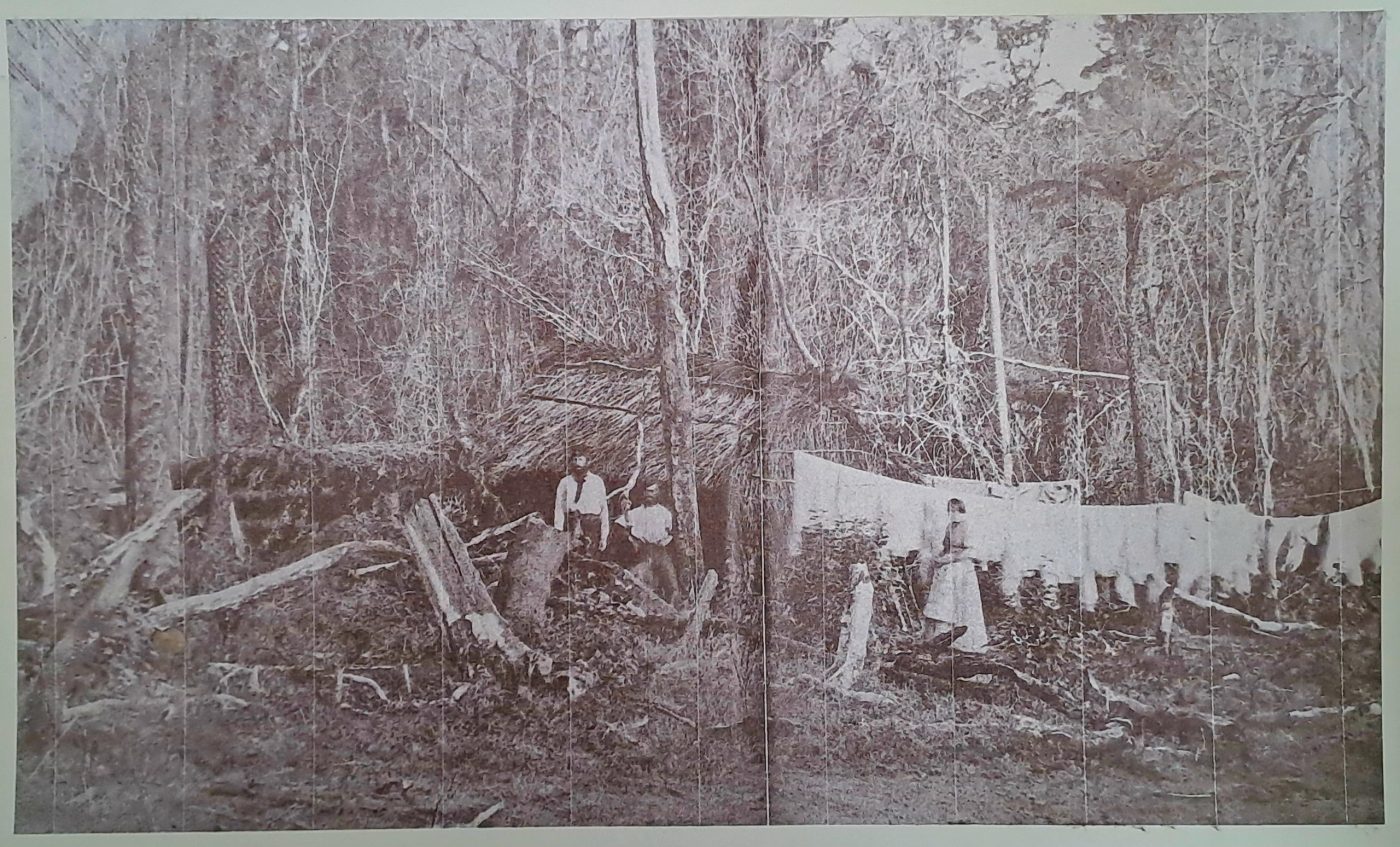|
Getting your Trinity Audio player ready...
|

- By Peter Moy, Queen’s Redoubt
The name Pokeno means “Place of refuge”.
In its earliest days, it was far from a place of “Refuge”. In the 1820-30 period, it was almost wiped out by Hong Hika’s invasions. The fertile valley floor in the vicinity of Pokeno had been occupied by Maori since the earliest settlements in New Zealand. But again in 1862-1865, Pokeno was embroiled in the Waikato Wars with the British invading the Waikato Region.
Today, we see only the construction of moments around these terrible events. However, they did happen and are a part of our history, and whilst more recent wars were fought on distant shores, the earlier ones were here, where we live today.
Recently, there has been a large upsurge in interest in New Zealand’s wars, and several sites have been constructed to tell the tales. By far the most comprehensive site is the Queen’s Redoubt New Zealand Wars Education Centre in Pokeno. They tell, show, and illustrate all of the NZ Land Wars. This is the only site that does this in the country. catering for all levels and ages, both large and small groups, and are manned by knowledgeable, enthusiastic guides.
They tell not only the historical significance of the Queen’s Redoubt in the Land Wars, but also how it was so important to the development of the area. For example, in January 1865, when the earliest British settlers landed from the ship, The Helenslee, ten to 12 families were moved by cart from Drury. They were initially accommodated in the Queen’s Redoubt as its garrison had recently been reduced to a maintenance standard.
Today, Pokeno is no longer just the “place you filled up with petrol before the big climb up the Bombay Hill”. It’s booming. Pokeno Bacon (is as good as ever) and the ice creams (are bigger than ever). Many hundreds can be seen lapping up these and other delights, especially on weekends. It has a good big supermarket, enlarged schools and preschool facilities, a chemist, doctors, a vet and several dog groomers as well as industries supporting local workers.
It is no wonder the population has risen to well over 7000 people.
There are plenty of tales to tell about Pokeno, some funny, some sad, but that’s for another time.



